Wolfsnow is a dangerous blizzard at sea; slogger the sucking sound made by waves against a ship’s sides; ammil the sparkle of morning sunlight through hoar-frost; af’rug the reflection of a wave after it has struck the shore; blinter is a cold dazzle; sutering the cranky action of a rising heron; èit, a Gaelic word, is a piece of quartz placed in a moorland stream so that it glimmers in the moonlight and in that way attracts salmon in late summer and autumn; summer geese is steam that rises from the moor when rain is followed by hot sunshine; fizmer...
Already a subscriber? Log in
Subscribe for just $2 a week
Try a month of The Spectator Australia absolutely free and without commitment. Not only that but – if you choose to continue – you’ll pay just $2 a week for your first year.
- Unlimited access to spectator.com.au and app
- The weekly edition on the Spectator Australia app
- Spectator podcasts and newsletters
- Full access to spectator.co.uk
Unlock this article
Available from the Spectator Bookshop, £16 and £15.29 Tel: 08430 600033
You might disagree with half of it, but you’ll enjoy reading all of it. Try your first month for free, then just $2 a week for the remainder of your first year.

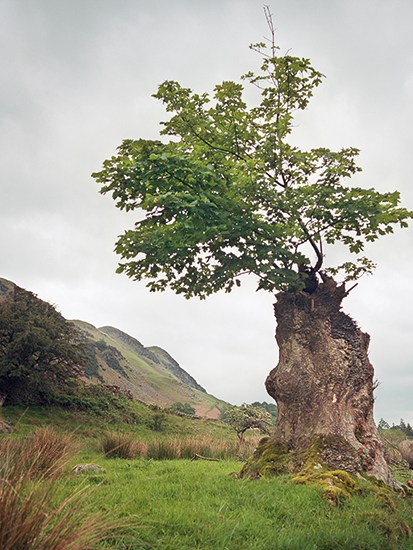
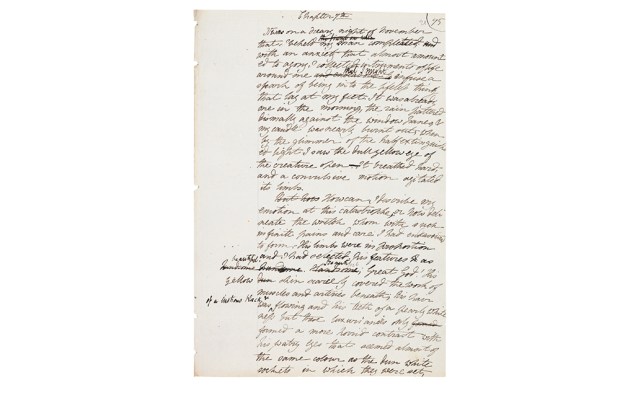

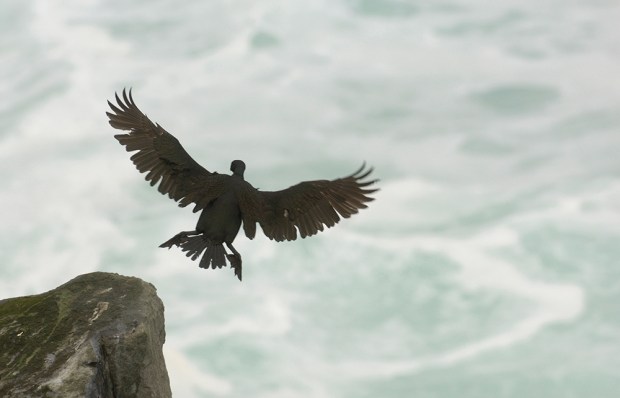
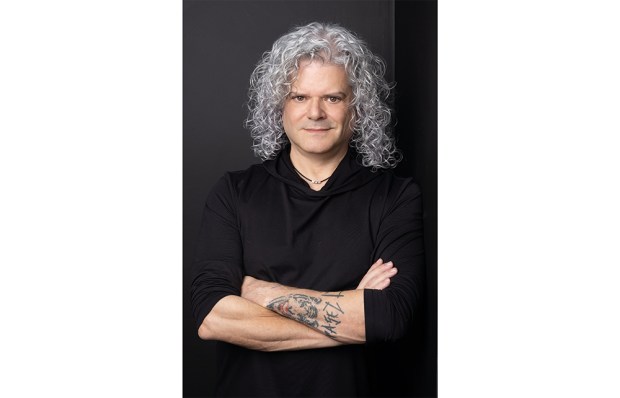
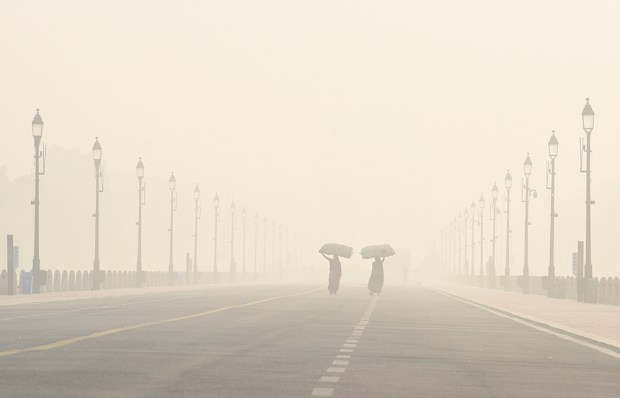
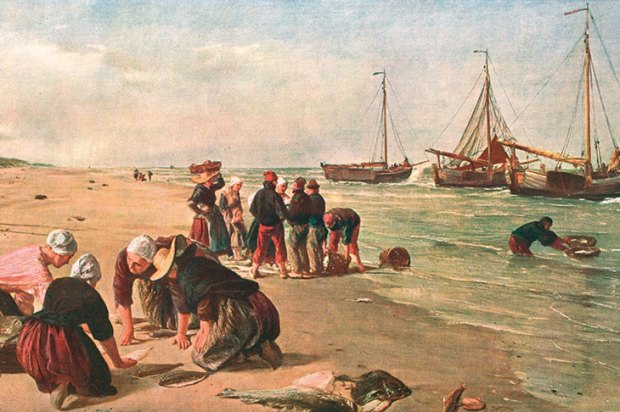






Comments
Don't miss out
Join the conversation with other Spectator Australia readers. Subscribe to leave a comment.
SUBSCRIBEAlready a subscriber? Log in